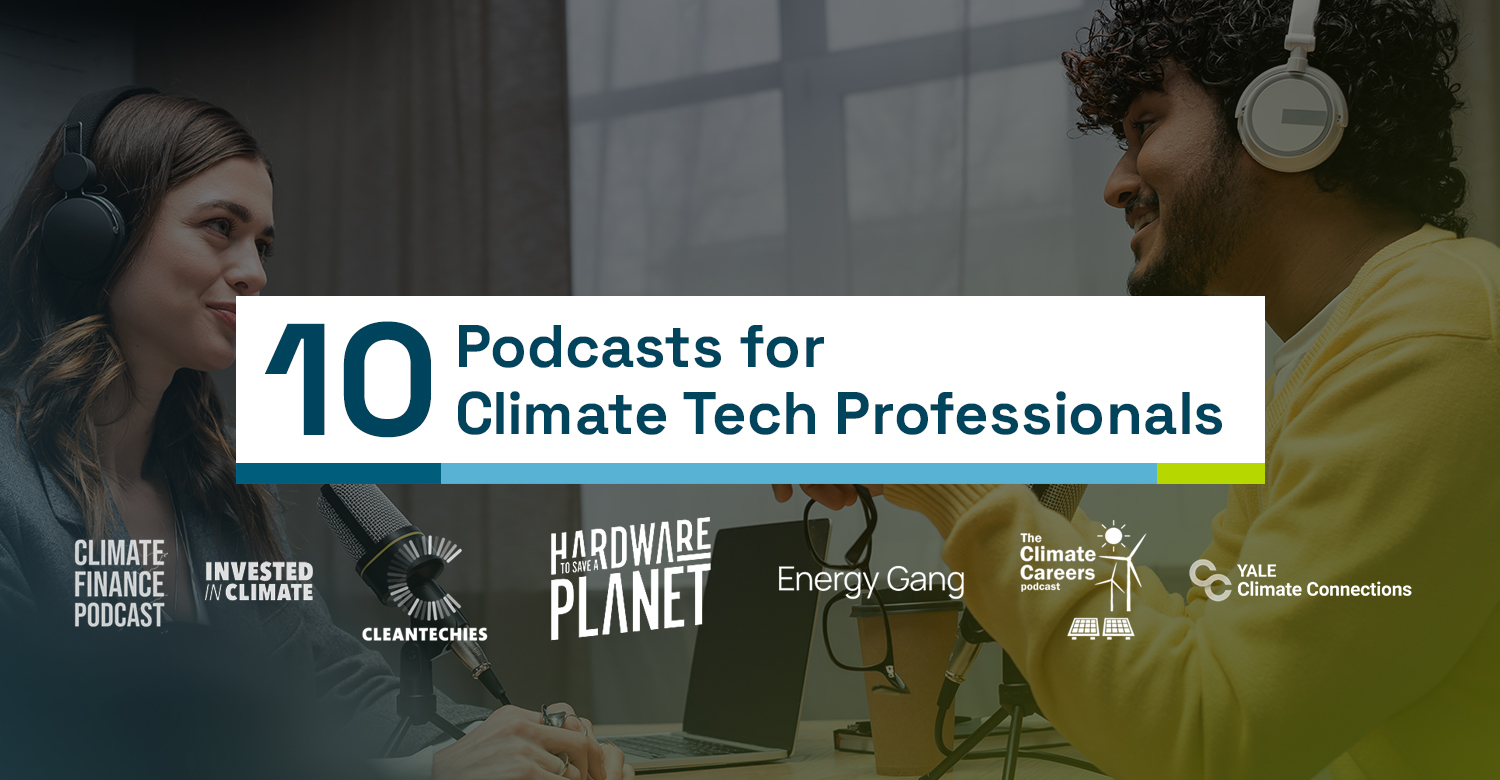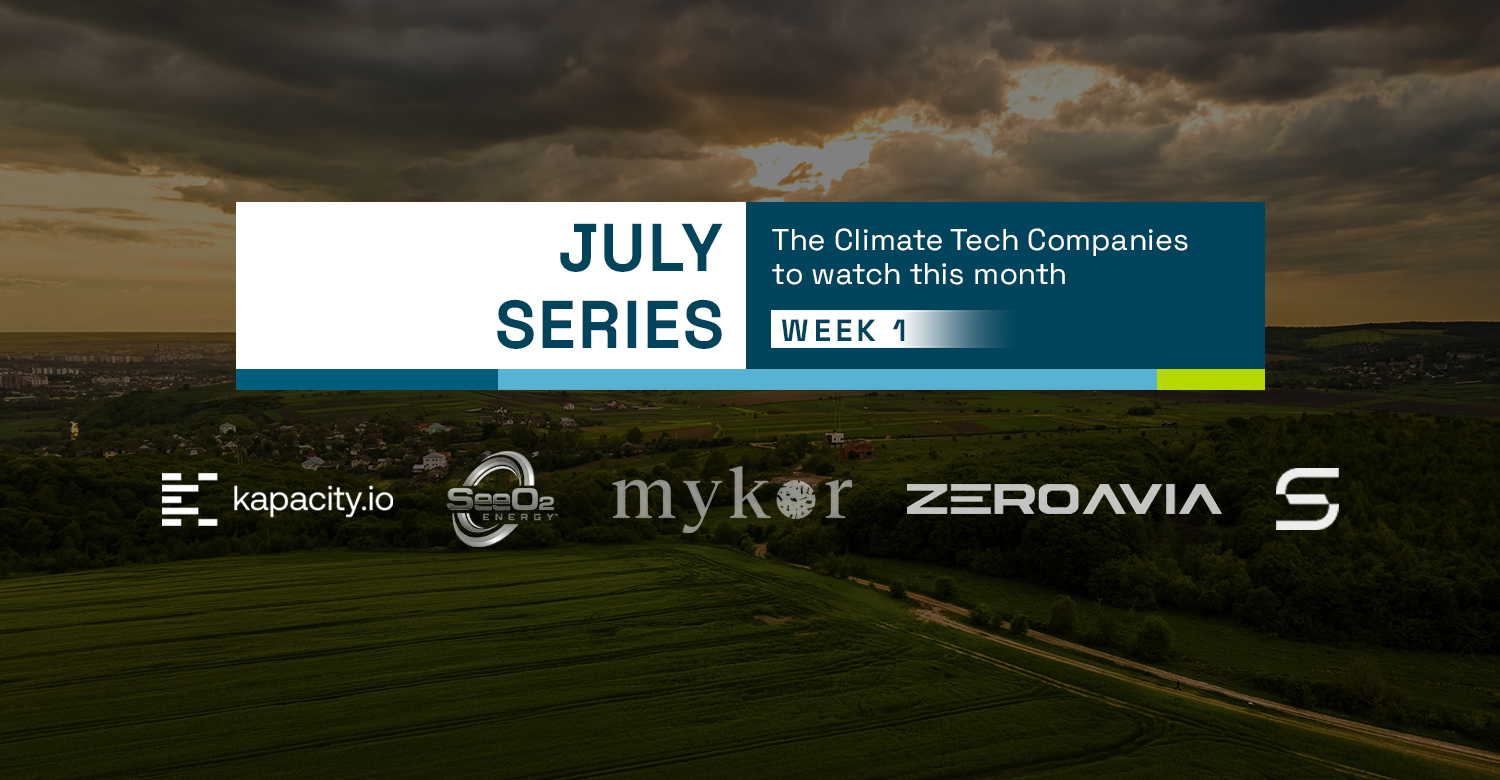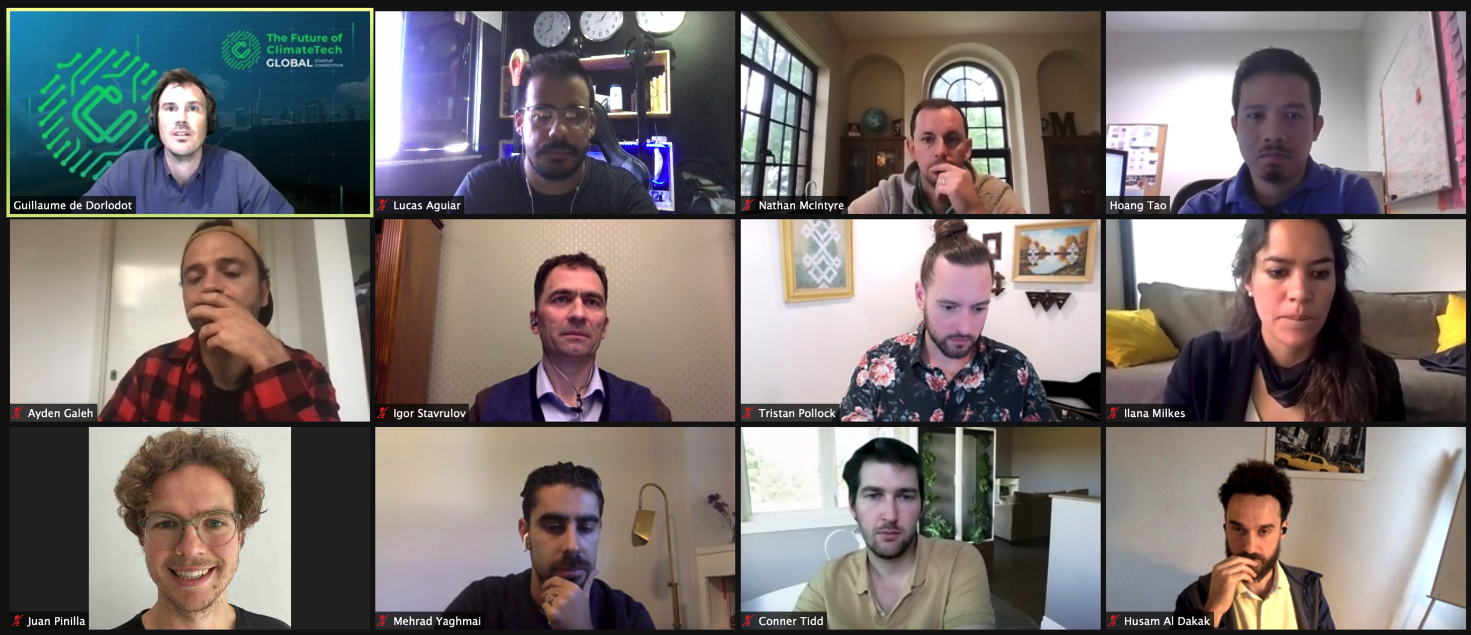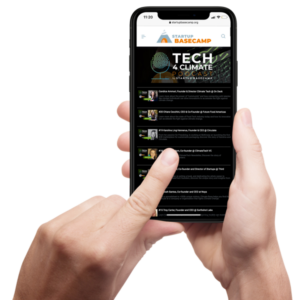In this monthly series, we will be doing a weekly feature of incredible ClimateTech Startups, companies, or projects that are leading the fight against the Climate Crisis.
We will be presenting 1 company from each of the 5 predefined main industry categories such as; EDUTECH, FINTECH, GREENTECH (including Energy and Transportation), FOOD & AG TECH, and CONSTRUTECH.
It will give you an opportunity to better understand the problem(s) they solve, the impact they are looking to have in the climate fight, and how you can potentially help them.
This initiative from Startup Basecamp aims to support founders by giving them access to networking and exposure opportunities that help them to scale and finance their Climate Tech solutions together with you.
Do not hesitate to join our collective movement by requesting your membership.
With Care,
Guillaume and the SBC TEAM
Week #1:
MATERIAL STARTUPS:
1.huue

Founded: 2019, Oakland, CA, US
Founders:
Michelle Zhu & Dr. Tammy Hsu
Elevator Pitch:
Huue is using biotechnology to create non-toxic, sustainable dyes. Their first product is Biosynthetic Indigo Blue for denim products.
Problem They Solve:
According to huue, The indigo blue that gives jeans their iconic color is highly polluting to the environment and made with toxic ingredients. It requires dangerous chemicals – like benzene, formaldehyde, and sodamide. It also requires carbon-emitting petroleum to be produced.
Impact:
huue’s biosynthetic indigo has five times less toxicity potential compared to chemical indigo sources, and it is just as effective and easy for jeans makers to use. The dye also requires no oil of any kind to be produced, contains no skin irritants or poisons, and pollutes less water.
Amount Raised:
US $ 2.6M
Interested in huue?:
To learn more about their Indigo Blue product, see here
ELECTRIC VEHICLE STARTUPS:
2.Urban Electric Networks
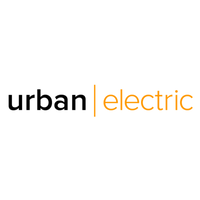
Founded: 2017, London, UK
Co-Founders:
Olivier Freeling-Wilkinson & Keith Johnston
Elevator Pitch:
Urban Electric is building low impact charging infrastructure needed for the mass adoption of electric vehicles in cities across the world.
Problem They Solve:
The Electric Vehicle Market’s worth is estimated to be $2,495.4 Billion by 2027, growing at a CAGR of 33.6% from 2020. This shows that the future of EV’s is moving rapidly, and their success will be determined by how quickly they are able to be implemented in cities across the world. Unfortunately, many cities still lack the number of easy and efficient charging stations needed to speed out their rollout.
Impact:
Urban Electric is solving the problem of on-street charging for local authorities and landlords. They have created discreet street hubs that are easy to use, and don’t interfere with pedestrian movement. The UEone ChargePoint is a dual-socket charge point that is app operated, charges at 7kW, easy to maintain, robust, smart grid ready, and much more.
Amount Raised:
US $1.8M
Interested in Urban Electric?
To find out more about what they offer, as well as their funding models, see here
AGTECH STARTUPS:
3 Husk

Founded: 2017, Barcelona, Spain & Pnom Penh, Cambodia
Co-Founders: Heloise Buckland & Carol Rius
Elevator Pitch:
Husk convert rice husk into organic biochar in order to boost soil fertility, increase revenues for smallholders and sequester carbon.
Problem They Solve:
Smallholders are the hardest hit by the effects of climate change, soil degradation, and food security. Often, the fertilizers and pesticides that are required to create big, profitable yields do soil damage that prevents a long-term turnover from the land.
Impact:
Husks solution has numerous benefits for both small scale farmers, and the planet, by using a circular model that ensures minimal carbon emissions. This is because the Biochar product (made of rice husks) is a high-carbon product that enhances soil water-holding capacity, nutrient uptake, and stimulates microbial activity. This lessens the emissions from the rice industry and carbon from the husk is fixed into the soil for hundreds of years. This results in Husk sequestering 1.6 T of CO2 for each tonne of biochar produced.
Interested in Husk?
To learn more about the biochar production, carbon credits, and their carbon farming hubs, see here
MATERIAL STARTUPS:
4.Pangaia

Founded: 2018, London, England
CEO & CIO:
Ira Laufer & Amanda Parkes
Elevator Pitch:
Pangaia is a direct-to-consumer materials science company creating textile innovations & patents and using as many sustainable & recyclable elements as possible.
Problem They Solve:
In an article from Forbes Magazine Pangaia outlined that “traditional materials supplied to brands and retailers are not set by what the material needs are, but by what textile mills and manufacturers choose to develop—or even more randomly, what has trickled down from the military (or other industrial) material developments”. What this means is that because fashion companies do not own the manufacturing processes, the research and development focus of materials becomes disconnected from the design and aesthetics of the fashion.
Impact:
Pangaia is the first of its kind to not only develop material science in its research and development facility, but then demonstrate the products in its own fashion collections. They partner with artists and designers who share their belief in developing lower impact materials and products that are better for people and the planet. Some of their products include bio-based fibers, plant fibers, leather alternatives, recycled cotton, recycled wool & environmentally friendly dyes.
Funding Stage: Seed
Interested in Pangaia?
To view the full range of Pangaia’s innovative materials, see here
HYDROGEN STARTUPS:
5.H2GO Power
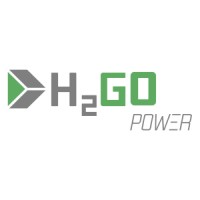
Location: 2014, London, UK
Co- Founders: Enass Abo-Hamed & Luke Sperrin
Elevator Pitch:
H2GO Power is developing and delivering hydrogen energy storage technology for a zero-emission, safe, and reliable power supply.
Problem They Solve:
Redressing our energy supply is one of the biggest challenges we face in fighting the climate crisis, and access to reliable grid extensions and diesel can be expensive. According to H2GO, Hydrogen is cost-competitive with diesel-powered microgrid systems and is a 3x lower cost than typical Li-ion batteries over the lifetime of the storage assets with>2x the storage capacity.
Impact:
H2GO has developed Zero-emission solid-state hydrogen storage and hydrogen AI solutions that can safely store large amounts of hydrogen in a small space. They provide plug and play stationary storage units, AI algorithms to provide management and storage/response operations, and Hydrogen for drones that results in a x3 longer flight time.
Amount They Raised:
£2.4M
Interested in H2GO?
To learn more about H2Go and see their full product range, view here


